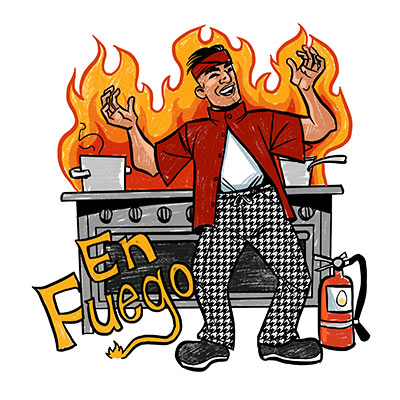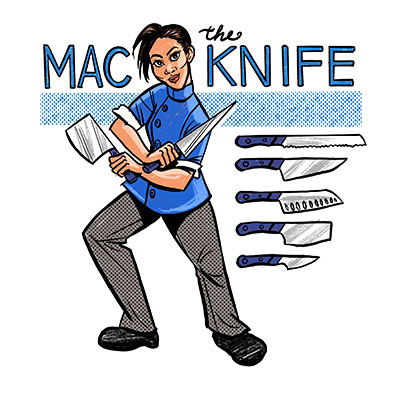Food Science: The Basics
Let’s breakdown the basics of food science so you can plan healthy dishes that deliver maximum nutrition and flavor.
Calorie: The quantifiable unit of energy in food.
Carbohydrates: Carbs provide energy for your body. Simple carbs come from foods that have naturally occurring sugars like fruit, milk and sugar. Your body will break these down quickly for an immediate energy boost. Complex carbs include starchy foods like grains, rice, pasta, potatoes, and some fruits and vegetables. These take longer for your body to break down into slow-burning energy.
Lipids: These are fats found in animals and plants. Some are good, and some are bad. A small amount of “good fat,” found in olive oil, fish oil, and avocados, is a good source of energy and can contain fat-soluble vitamins. Too much “bad fat,” from processed oils and fatty meats, are high in cholesterol and can damage your arteries and heart over time.
Proteins: Your body uses protein to build and repair tissue, make enzymes and hormones, and build muscle, skin and blood. Proteins are made up of amino acids which are vital for life and can be found in foods made from animals (beef, pork, chicken and fish) and some plants (beans, spouted beans, peas and greens).
Vitamins/Minerals: Vitamins regulate your metabolism, your growth, and your body functions. Minerals from food help in the proper function and structure of all living cells, promoting the body’s performance, energy, growth, and healing. Foods that are grown directly in soil, like carrots, beets, spinach, kale and potatoes, are rich in vitamins and minerals.
Water: Your body is 60% water, and you lose a quart of water per day. You need lots of water, pure H20, for your body to function properly. It allows your body to maintain temperature by sweating, and it eliminates the toxins from your body when you go to the bathroom. There is nothing better than an ice-cold glass of water; it is super refreshing and will keep you running all day long!








